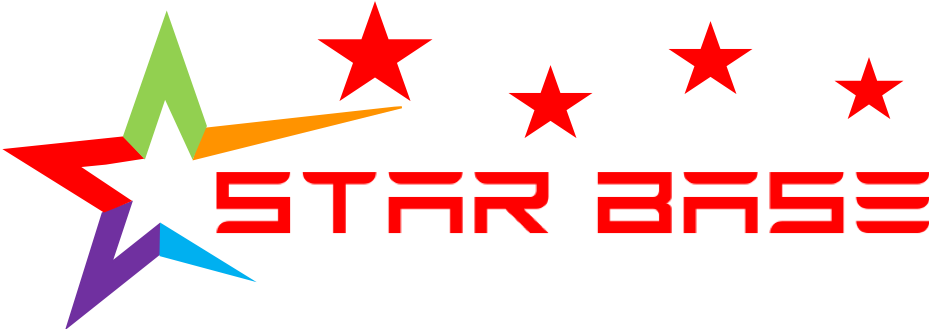Code Structure
Video
JavaScript Notes
HTML
<!DOCTYPE html>
<html lang="en">
<head>
<meta charset="UTF-8" />
<meta name="viewport" content="width=device-width, initial-scale=1.0" />
<title>Beyond Beginner</title>
<style>
html {
font-size: 20px;
line-height: 1.7;
font-family: -apple-system, BlinkMacSystemFont, 'Segoe UI', Roboto,
Oxygen, Ubuntu, Cantarell, 'Open Sans', 'Helvetica Neue', sans-serif;
font-weight: 300;
color: cornflowerblue;
}
h1 {
font-size: 3rem;
}
h2 {
font-size: 2rem;
}
</style>
</head>
<body>
<header>
<h1>Going Beyond the Basics of JavaScript</h1>
<h2>How to Structure your Scripts</h2>
</header>
<script src="./js/main-3.js" type="module"></script> // the keyword defer could be used to defer loading
</body> // of the script, until the DOM content is fully loaded
// module also does the same thing as defer
</html>
JavaScript - default Structure
// main.js
// Moving beyond beginner with scripts
// 1. Basic code structure
let today = new Date();
const KEY = 'jhj3245gj23h42j34';
function init() {
//function to start things off
console.log(today.toLocaleDateString());
//add some event listeners
addListeners();
//make a call to an API with a callback
let url = `https://jsonplaceholder.typicode.com/posts?key=${KEY}`;
getData(url, afterFetch);
}
// let init = function(){} //function expression
function addListeners() {
console.log('adding listeners to the page');
}
function getData(url, cb) {
//do fetch call
fetch(url)
.then((res) => res.json())
.then((content) => {
//call function to add content
//call the callback
if (cb) {
cb();
}
})
.catch((err) => console.error);
}
function afterFetch() {
console.log('data fetch completed');
}
document.addEventListener('DOMContentLoaded', init);
JavaScript - with Namespaces
// main-1.js
// start using namespaces so your code does not conflict
// with other libraries
const APP = {
today: new Date(),
KEY: 'jhj3245gj23h42j34',
init: function () {
//function to start things off
console.log(APP.today.toLocaleDateString()); //the keyword 'this' instead of APP could also be used
//add some event listeners
APP.addListeners();
//make a call to an API with a callback
let url = `https://jsonplaceholder.typicode.com/posts?key=${APP.KEY}`;
APP.getData(url, APP.afterFetch);
},
addListeners: function () {
console.log('adding listeners to the page');
},
abc: () => {
console.log('abc');
},
getData() {
//do fetch call
fetch(url)
.then((res) => res.json())
.then((content) => {
//call function to add content
//call the callback
if (cb) {
cb();
}
})
.catch((err) => console.error);
},
afterFetch() {
console.log('data fetch completed');
},
};
document.addEventListener('DOMContentLoaded', APP.init);
const CONTACT = {};
const CART = {};
const MAPPING = {};
JavaScript - with IIFEs
// main-2.js
// IIFE - Immediately Invoked Function Expressions
// Uses namespaces but also lets you control access
const APP = (function () {
document.addEventListener('DOMContentLoaded', init);
let today = new Date();
const KEY = 'jhj3245gj23h42j34';
function init() {
console.log('loaded');
//function to start things off
console.log(today.toLocaleDateString());
//add some event listeners
addListeners();
//make a call to an API with a callback
let url = `https://jsonplaceholder.typicode.com/posts?key=${KEY}`;
getData(url, afterFetch);
}
function addListeners() {
console.log('adding listeners to the page');
}
function getData(url, cb) {
//do fetch call
fetch(url)
.then((res) => res.json())
.then((content) => {
//call function to add content
//call the callback
if (cb) {
cb();
}
})
.catch((err) => console.error);
}
function afterFetch() {
console.log('data fetch completed');
}
return {
getData, //shorthand for getData: getData
today,
KEY,
};
})();
// APP.getData()
// APP.KEY
// APP.afterFetch(); - ERROR. Private, is not in return statement
JavaScript - with Modules
// main-3.js
import { PIE, f } from './modules/a.mjs';
import someFunc, { CAKE } from './modules/b.js';
// g will be someFunc
const APP = (function () {
document.addEventListener('DOMContentLoaded', () => {
console.log(PIE);
f();
someFunc();
console.log(CAKE);
});
//rest of code just like in main-2
})();
JavaScript - with Modules
// a.mjs (stands for: module js)
const PIE = 3.14;
function f() {
console.log('function f inside module a');
}
function f123() {
//not accessible
}
export { PIE, f };
JavaScript - with Modules
// b.js
export const CAKE = 'a lie';
function g() {
console.log('function g in module b');
}
export default g; //only 1 default allowed per page
//when called in import line, it can be called anything, e.g. someFunc
Feedback
Submit and view feedback

